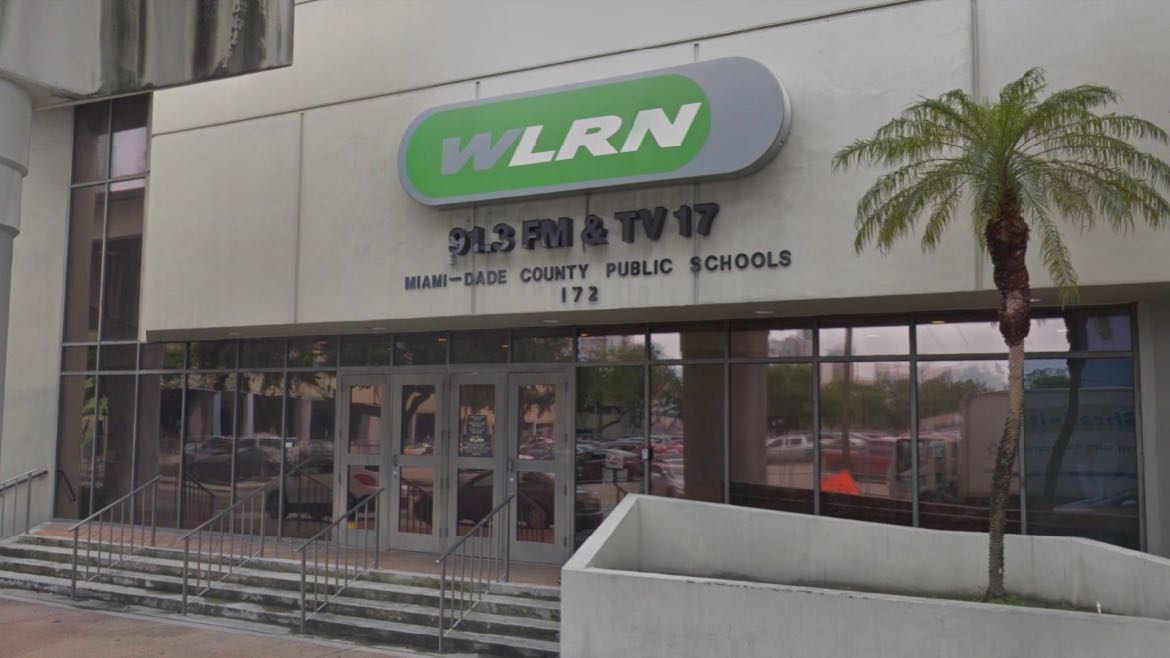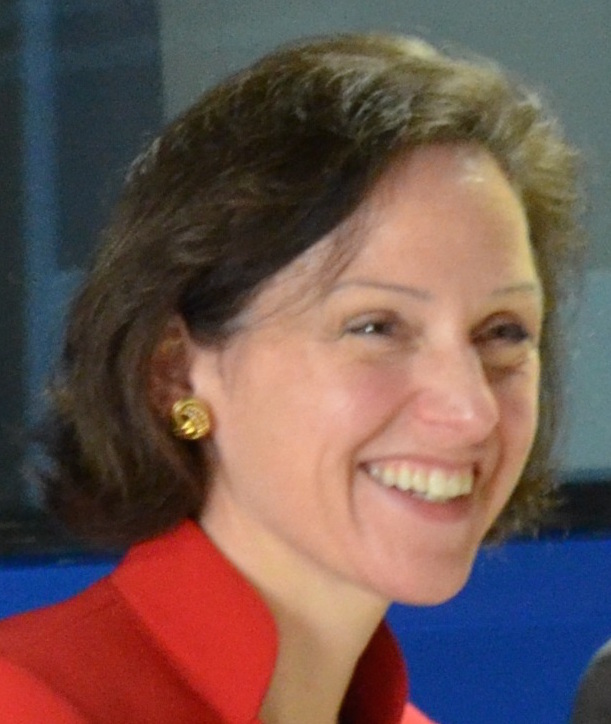Michigan university gets go-ahead from FCC to build out educational broadband
The FCC agreed this week to allow a Michigan university to expand its educational broadband network to the state’s Lower Peninsula.
Since 2007, the Upper Peninsula’s Northern Michigan University has used Educational Broadcast Service spectrum to create a broadband internet network that covers “a significant portion” of the peninsula, according to the FCC’s Monday decision. The commission hasn’t accepted new applications for EBS use since 2003 but has granted waivers for uses that it deems in the public interest.
NMU has already received four waivers to use EBS spectrum in its hometown of Marquette and in the peninsula’s rural areas. It has supplied its students with 9,000 computers for using the network and has also provided broadband service to nearly 2,000 K-12 and lifelong learning students, according to the FCC.
Last year NMU applied to expand the broadband service to parts of the Lower Peninsula. It proposed to work with local providers of educational services to reach areas lacking higher-speed broadband. Incomes and college graduation rates in the areas of proposed services are “well below” Michigan’s average, the FCC said.
In granting NMU’s request, the FCC concluded that “application of the filing freeze would be inequitable and contrary to the public interest under the unique circumstances presented by NMU.”
“NMU is unique among EBS licensees — while most EBS licensees have not built their own facilities and have leased their spectrum to commercial providers, NMU has built and operates its own LTE broadband network that covers a significant portion of the rugged, underserved territory in Michigan’s Upper Peninsula,” wrote Donald K. Stockdale Jr., chief of the FCC’s Wireless Telecommunications Bureau, in the opinion. “The network is used extensively by NMU’s students and faculty, students of partner institutions, and other members of the community.”
The FCC is granting NMU’s waiver as it prepares to allow commercial entities to acquire EBS licenses in an upcoming auction, a decision that public broadcasters had advised against. NMU’s president also urged the FCC to prioritize educational use of EBS.
“NMU’s educational broadband network proves what’s possible,” wrote Fritz J. Erickson earlier this year. “Our experience validates that EBS is an effective mechanism — perhaps the most effective mechanism — to bring the promise of wireless broadband service to rural areas. This potential will be squandered unless the FCC preserves the essential educational nature of the EBS and provides priority opportunities for educators to obtain EBS licenses before holding commercial auctions that would prevent schools and universities from replicating NMU’s success.”






